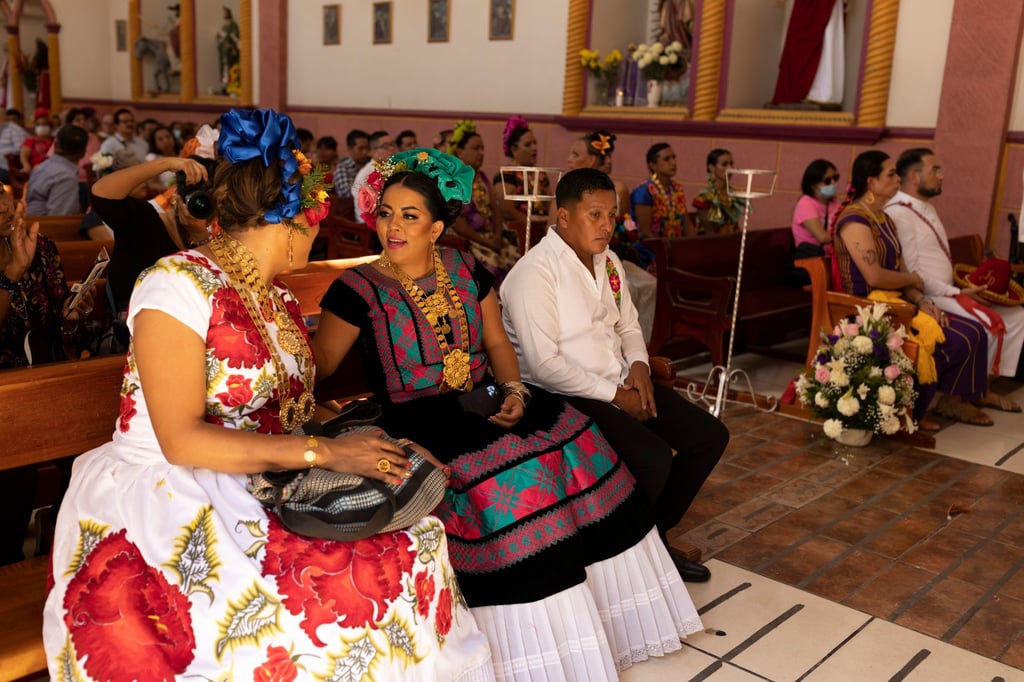Mexico’s muxe, or ‘third gender’, are part of worldwide LGBTQ movement
- Mexico’s muxe are Zapotec people who identify as male at birth and embody female characteristics, viewing themselves as a ‘third gender’
- Today, though prejudices persist, in general muxe are accepted – even admired – on their home turf

The muxe (pronounced Moo-shay) are Zapotec people who view themselves as neither man nor woman, but instead a distinct “third gender”. Identified as male at birth, they embody female characteristics – in presentation, behaviour and professions – which once earned them contempt and scorn. Today, though prejudices persist, in general they are accepted – even admired – on their home turf.
Elvis Guerra, 30, the queen in waiting, explains that the muxe stand in solidarity with burgeoning gender rights movements worldwide, pronouncing themselves trailblazers of cultural preservation and inclusion in a rural bastion of Catholicism.

She sat patiently as ardent beauticians prepared her for her formal investiture, a highlight of the three-day festival – or vela – that celebrates muxe culture here every November.
